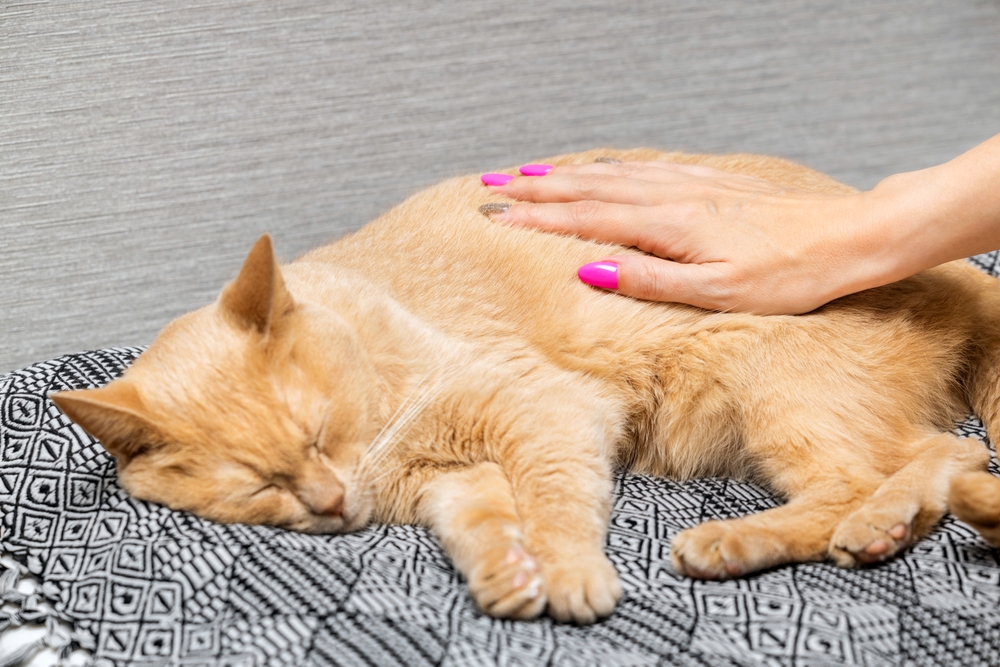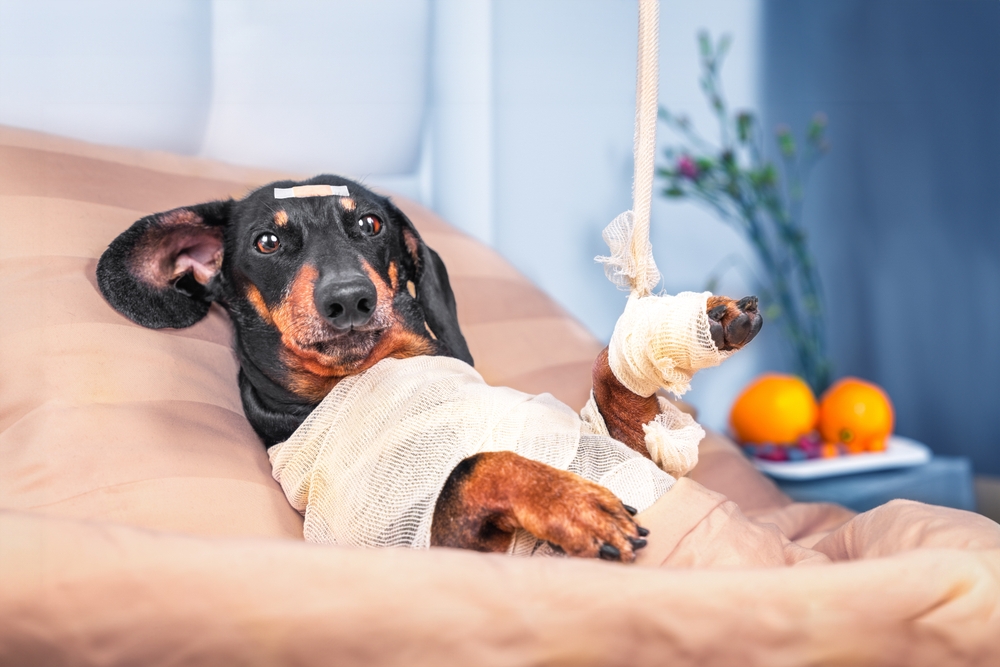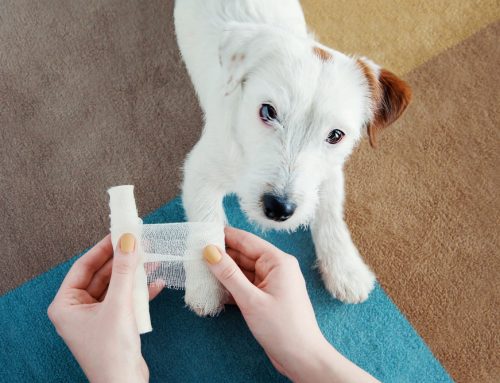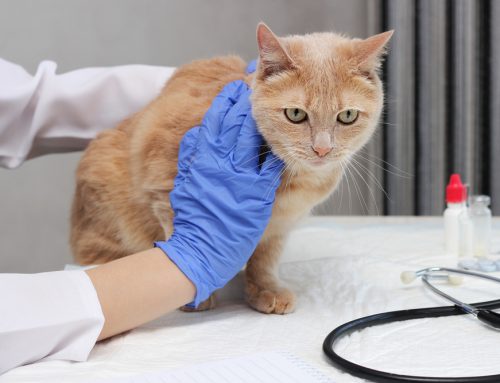Veterinary emergency hospitals are busy places, because pets have a knack for getting sick or injured at the worst times. Pet emergencies can be stressful and frightening, but you can prevent many common threats to your pet’s health and safety. The Town & Country Animal Hospital team shares tips for preventing pet emergencies and lists common situations pet owners can learn to avoid.
1. Routine veterinary visits
Routine veterinary visits are crucial for detecting health issues before they snowball into emergencies. Regular check-ups include a complete physical examination and routine screening tests, such as blood work, urinalysis, and parasite screenings. These tests can catch conditions such as kidney disease and diabetes before they progress and require hospitalization or dental disease before a tooth root abscess erupts and impacts the eye.
2. Pet vaccinations
Vaccinations teach your pet’s body to recognize and fight off serious or life-threatening diseases but don’t require natural exposure to the organism to impart immunity. Wildlife and unvaccinated pets carry diseases such as rabies, parvovirus, panleukopenia, and distemper that may result in death or serious complications. Vaccinations prevent disease spread to maintain not only your pet’s health but also the entire community. Several pet diseases are transmissible to humans (i.e., zoonotic), including rabies and leptospirosis, but routine vaccination can prevent zoonotic disease spread.
3. Pet-proofing and pet confinement
Your home is filled with dangerous and toxic items that pets can’t help but investigate. Learn which items can harm pets, such as chemicals, pesticides, rodenticides, certain plants, and medications, and keep them stored out of your pet’s reach to prevent poisoning. Also, secure electrical cords and remove small objects from the floor or low shelves that pets may chew or swallow. Most importantly, teach young or rambunctious pets to sit quietly in a crate or pen while you’re away or when you can’t directly supervise them.
4. Appropriate pet nutrition, toys, and chews
Feed your pet a balanced diet appropriate for their species, age, size, and health—consult our veterinary team for recommendations if you aren’t sure where to start. Similar to routine veterinary check-ups, good nutrition helps ward off chronic diseases that could lead to a need for emergency care. Additionally, ensure your pet’s chews, bones, or toys are size-appropriate, and supervise your pet while playing, so you can remove any easy-to-swallow pieces that break off.
5. Pet exercise and mental stimulation
Regular exercise and mental stimulation help pets maintain a healthy weight and prevent boredom and behavioral issues. Pets lacking this stimulation can become destructive, and be injured by chewed, clawed, or swallowed objects. Careful exercise selection and supervision can also prevent emergencies—avoid the dog park for social play and use a certified daycare facility instead.
Common pet emergencies

Pet emergencies can affect any body system and have many different causes. However, pet owners should familiarize themselves with these common situations and how to avoid them:
- Poisoning — Learn which items are toxic and store them safely away from pets—or remove them from your home entirely. Contact the ASPCA Animal Poison Control Center if you suspect your pet ingested a toxin.
- Foreign bodies — Keep small household items out of your pet’s reach, supervise playtime, and avoid feeding animal bones.
- Heatstroke — Provide fresh water, shade, and air-conditioned indoor breaks during hot spells. Never leave a pet in an unattended vehicle.
- Trauma — Keep your pet on a leash or in a securely fenced area to prevent vehicle accidents or encounters with wild animals. Supervise interactions with other pets.
- Bloat — Bloat is a deadly condition that occurs when a pet’s stomach fills with gas and twists. Feed large-breed dogs small meals, use a slow-feeder bowl, and avoid activity after eating. Consider pre-emptive stomach tacking surgery for high-risk breeds.
- Urinary obstruction — This condition is common in male cats, who need a low-stress home environment and routine veterinary check-ups to proactively address urinary crystals, stones, or inflammation.
Preventing pet emergencies requires pet owners to supervise pets closely, pet-proof their homes, and provide essential wellness and routine care. Learning about common emergency scenarios and how to avoid them can also help ensure your pet stays healthy and safe. But, when an accident does occur and your pet needs urgent help, contact the Town & Country Animal Hospital team to schedule a visit, or head to your nearest veterinary emergency hospital.







Leave A Comment